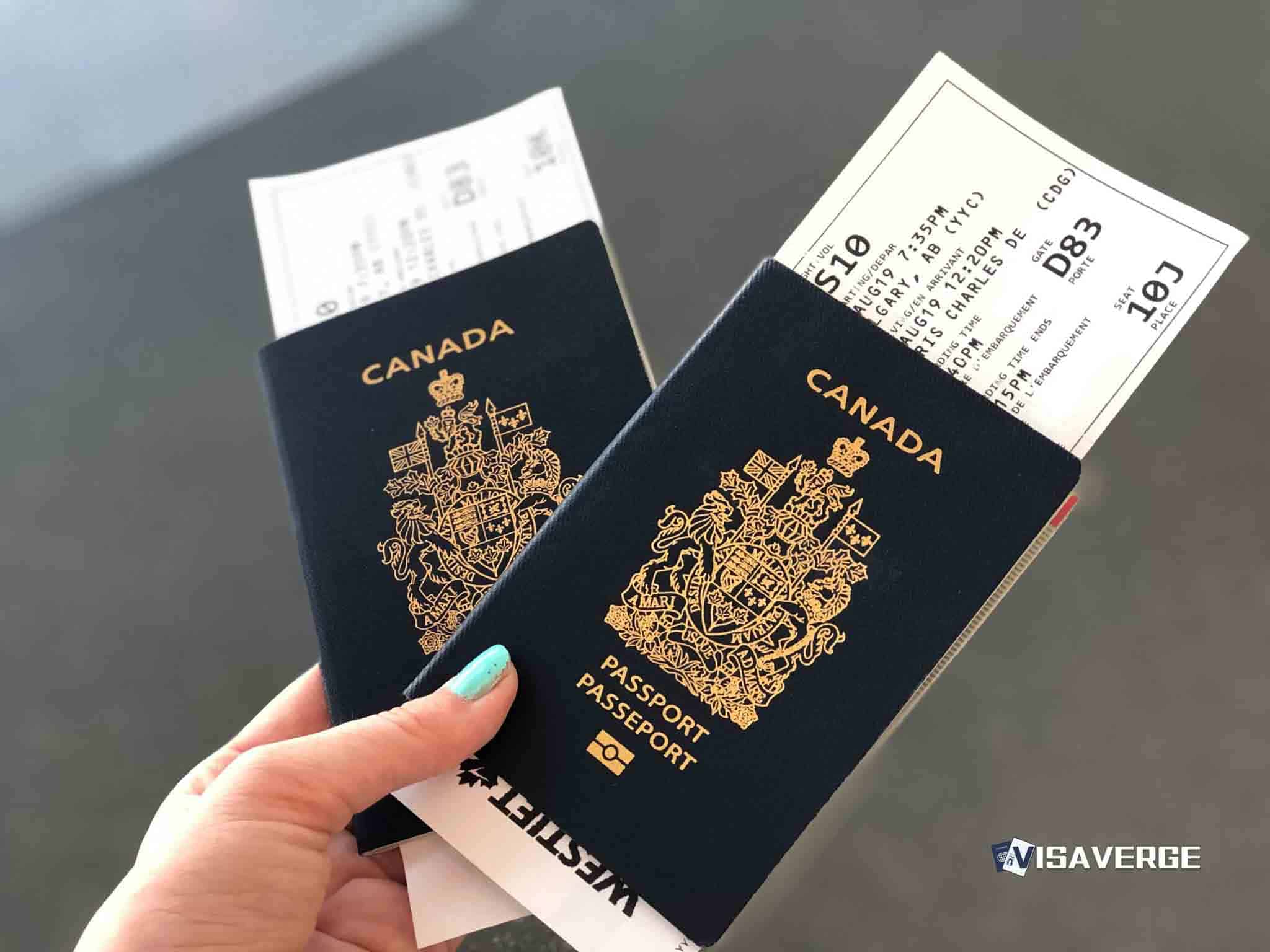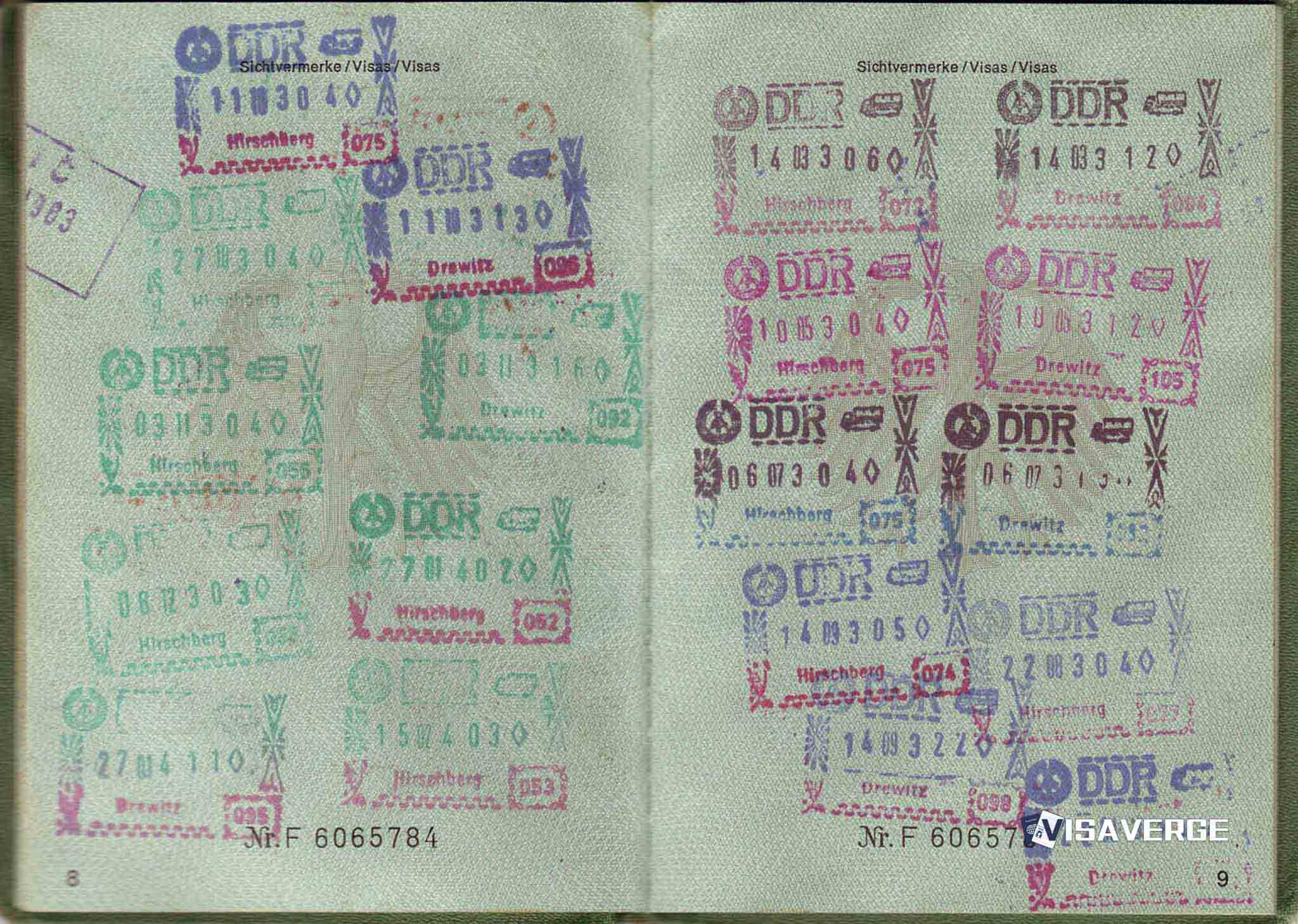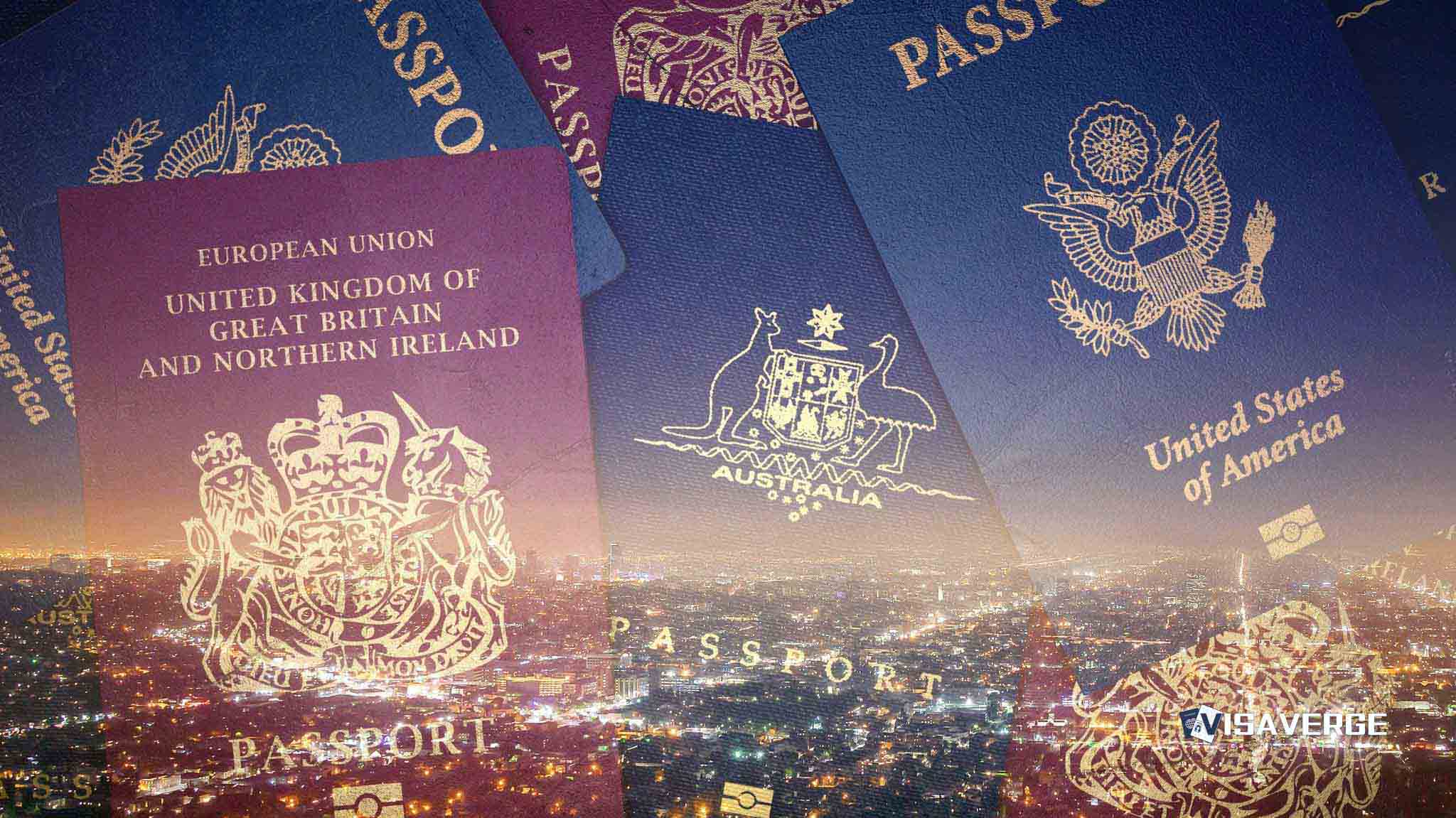Key Takeaways:
- Use only travel.state.gov for U.S. passport applications and renewals to avoid fraudulent websites and scams.
- Common scam tactics include fake websites, unnecessary fees, data collection, and false processing promises.
- Protect yourself by checking URLs, verifying fees, avoiding third-party services, and using secure payment methods.
How to Avoid Passport Scams While You Apply or Renew Passport
When you decide to apply for or renew your U.S. passport, it is crucial to be aware of the existent risks of encountering scam websites. These fraudulent sites can mimic the official government pages so well that they trick unsuspecting applicants, potentially leading to identity theft, financial loss, and delays in obtaining your passport. This guide will help you recognize genuine sources, understand common scam tactics, and protect yourself during the application process.

What Is the Official Website to Apply for or Renew a Passport?
The only official website for U.S. passport services is travel.state.gov, which is operated by the U.S. Department of State. This site provides all the necessary information, forms, and instructions for your passport applications and renewals. Be very cautious of any other website claiming to offer passport services, especially those with URLs that closely resemble but do not exactly match the official site.
What Are the Common Passport Scam Tactics?
Scammers employ a variety of strategies to trick applicants pursuing passport renewals or new applications:
- Fake Websites: These sites often have official-looking designs and may appear at the top of search results due to paid advertising. They mimic the real site but end up stealing your sensitive information.
- Unnecessary Fees: Some scam sites charge for services that are free on the official government website, such as downloading application forms.
- Data Collection: Fraudulent sites may collect personal information under the guise of helping with applications, potentially leading to identity theft.
- False Promises: Some platforms guarantee faster processing times or claim they can expedite your application for an additional fee.
How Can I Protect Myself From Passport Scams?
Here are some essential tips to avoid falling victim to these scams:
- Double-Check URLs: Always ensure you are on travel.state.gov before entering any personal information. Verify the URL carefully.
-
Verify Fees: Check the official site for current passport fees. Be suspicious of any site charging additional or unusual fees.
-
Avoid Third-Party Services: Although some legitimate passport expediting services exist, the safest approach is to apply directly through official channels.
-
Be Wary of Unsolicited Communications: The U.S. government will not contact you unsolicited about your passport application.
-
Use Secure Payment Methods: Ensure the payment page is secure and associated with the official government site if you need to pay fees online.
What Is the Correct Process to Apply for a New Passport?
For a smooth and legitimate passport application or renewal process, follow these steps:
- Determine Your Eligibility: Check if you can renew by mail or if you need to apply in person. Review who is eligible for each option on travel.state.gov.
-
Gather All Required Documents: Typically, these include proof of citizenship, a valid ID, and passport photos.
-
Complete the Correct Form: Use Form DS-11 for first-time applications or Form DS-82 for eligible renewals. You can download these forms from the official website.
-
Calculate the Fees: Passport books and cards have different fees. Double-check the current fee structure on the official site.
-
Submit Your Application: Mail your renewal application to the address provided. For new passports, visit an authorized passport acceptance facility.
-
Track Your Application: Monitor your application’s progress through the official online tracking system available on travel.state.gov.
What Are the Most Common Signs of a Passport Renewal Scam?
Identifying the signs of a passport scam can save you from potential trouble. Here are the most common signs to look for:
- Websites that mimic official government sites but have slightly different URLs (e.g., ending in .com instead of .gov).
- Offers to expedite passport processing for an additional fee. Only official government agencies can expedite passports.
- Requests for payment via cryptocurrency, wire transfers, or gift cards, which are not accepted by legitimate passport services.
- Unsolicited emails, calls, or texts claiming to be from government agencies regarding your passport.
- Requests for sensitive personal or financial information beyond what’s required on official passport forms.
- Promises of faster processing times than what’s officially stated by the government.
- Charging for downloadable passport forms, which are free on official sites.
- Claims of being able to renew passports entirely online when official renewals still require mailing physical documents.
- Lack of official government contact information or privacy policies on the website.
- Pressure tactics or urgency to act quickly before an offer expires.
- Poor grammar, spelling errors, or unprofessional language on the website.
- Requests to send scans or copies of your passport via email.
How Can I Identify a Fake Passport Expeditor Service?
To avoid falling for a fake passport expeditor service scheme, be aware of these common signs:
- Exorbitant Fees for Basic Services: Legitimate expeditor services charge for their convenience, but if fees are excessively high for fundamental services like form filling or appointment booking, it’s a warning sign.
-
Guarantees of Faster Processing: Be cautious of services that guarantee faster processing times than what the U.S. Department of State officially states.
-
Unsolicited Communications: Receiving unsolicited emails, calls, or texts offering passport expediting services is a common scam tactic.
-
Requests for Unusual Payment Methods: Fraudulent services often ask for payments via cryptocurrency, wire transfers, or gift cards, which are not accepted by the U.S. Department of State.
-
Lack of Physical Address or Contact Information: Legitimate services will have verifiable contact information and a physical address.
-
Poor Website Quality: Fake services frequently feature poorly designed websites with spelling and grammatical errors.
-
No Affiliation with the U.S. Department of State: Verify if the service is officially recognized by the U.S. Department of State.
-
Pressure Tactics: Scammers may use high-pressure tactics to rush you into making a decision.
What Steps Can I Take If I Have Been a Victim of a Passport Scam?
If you suspect you have fallen victim to a passport scam, take the following immediate actions to protect yourself:
- Report the Incident: Contact the Federal Trade Commission (FTC) and your local law enforcement to report the scam.
-
Monitor Your Finances: Regularly check your bank statements and credit reports for any suspicious activity.
-
Change Passwords: If you provided login information to a suspicious site, change your passwords immediately.
-
Consider a Credit Freeze: This can prevent scammers from opening new accounts in your name.
Conclusion
The key to protecting yourself from passport scams is vigilance. By staying aware of common scam tactics, double-checking URLs, avoiding unwarranted fees, and ensuring you only use official government resources, you can shield yourself from fraudulent activities. Always start your passport application or renewal process via the official U.S. Department of State website at travel.state.gov to ensure your personal information is secure. As per VisaVerge.com, using trusted and verified resources is essential for a seamless application process. If the offer sounds too good to be true, or if a website doesn’t feel quite right, it’s better to trust your instincts and stick to official channels.
For more detailed information on the passport application process, visit the official government passport page.
By following these guidelines, you can ensure a secure and efficient passport application or renewal process, free from the risk of scams.
Learn Today:
Glossary of Immigration Terms
- Passport Scam: Fraudulent activities where scammers set up fake websites or services that pretend to offer official passport application or renewal processes, often to steal personal information or money from unsuspecting applicants.
- Official Website: The only legitimate website for U.S. passport services, operated by the U.S. Department of State, is travel.state.gov. This site provides all necessary information, forms, and instructions for passport applications and renewals.
- Unsolicited Communications: Contact received without prior request, such as emails, calls, or texts, often used by scammers pretending to be from government agencies to deceive individuals into providing personal information or payments.
- Expeditor Service: A service that claims to assist individuals in expediting their passport application process for a fee. While some are legitimate, many fraudulent ones charge exorbitant fees or make false promises about processing times.
- Identity Theft: The fraudulent use of someone else’s personal information, such as name, social security number, or financial details, often by scammers, to commit various types of fraud including opening new accounts and applying for official documents like passports.
This Article In A Nutshell:
To avoid passport scams, always use travel.state.gov for applications and renewals. Be cautious of fake websites, unnecessary fees, and offers that sound too good to be true. Verify URLs, check official fees, and avoid sharing personal information on non-official sites. Stay safe and vigilant.
— By VisaVerge.com
Disclaimer: The information provided in this article is for informational purposes only. If you reference or use any content from this article, please attribute it to VisaVerge.com by including a link to the original source. We appreciate your adherence to our content usage policies and your commitment to giving proper credit.








